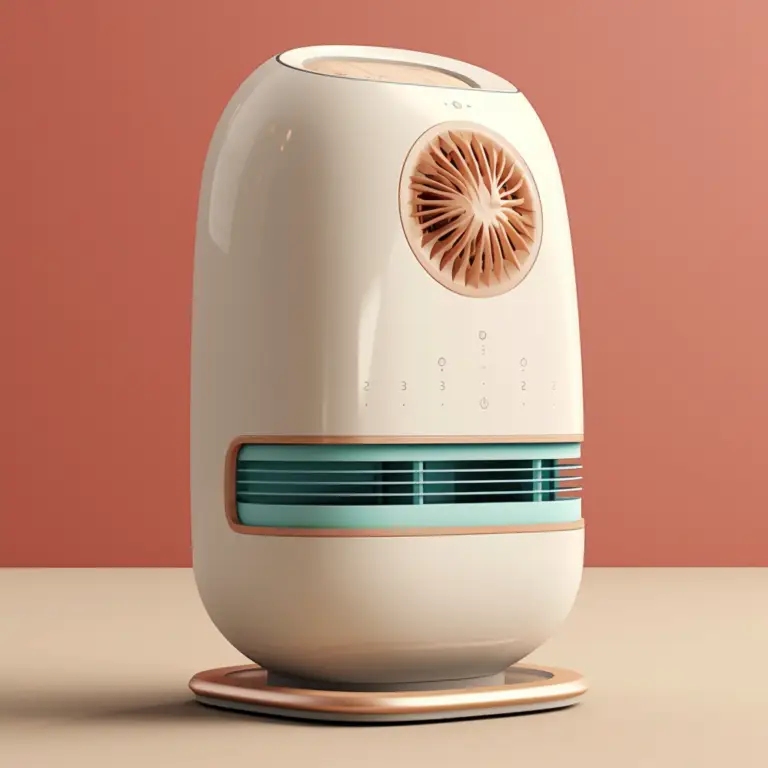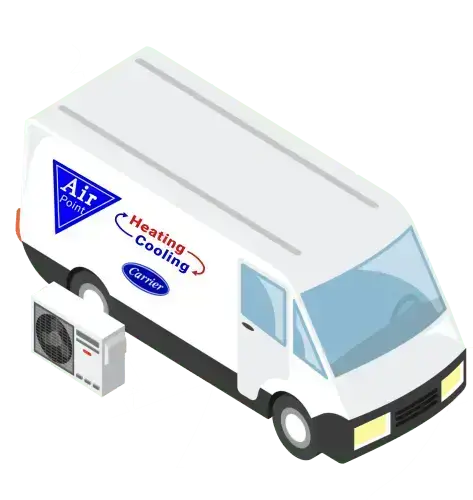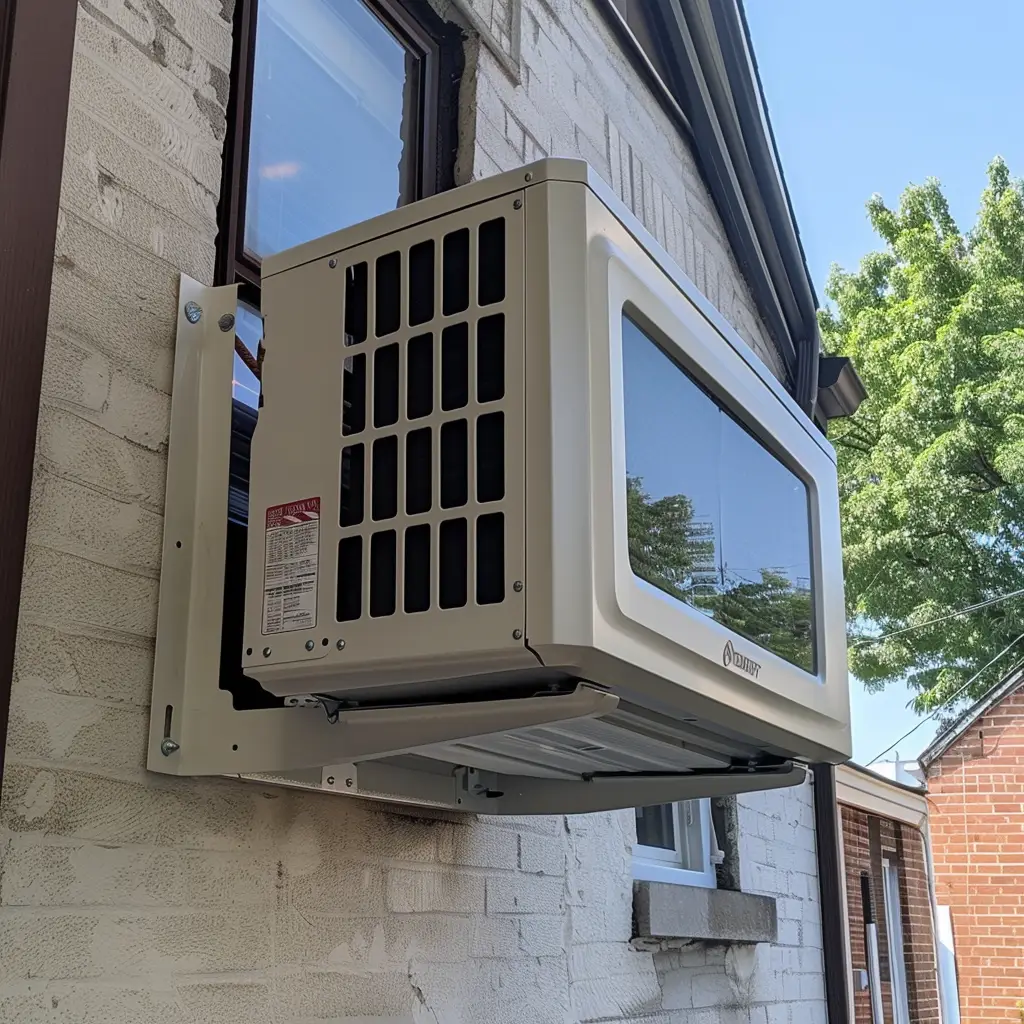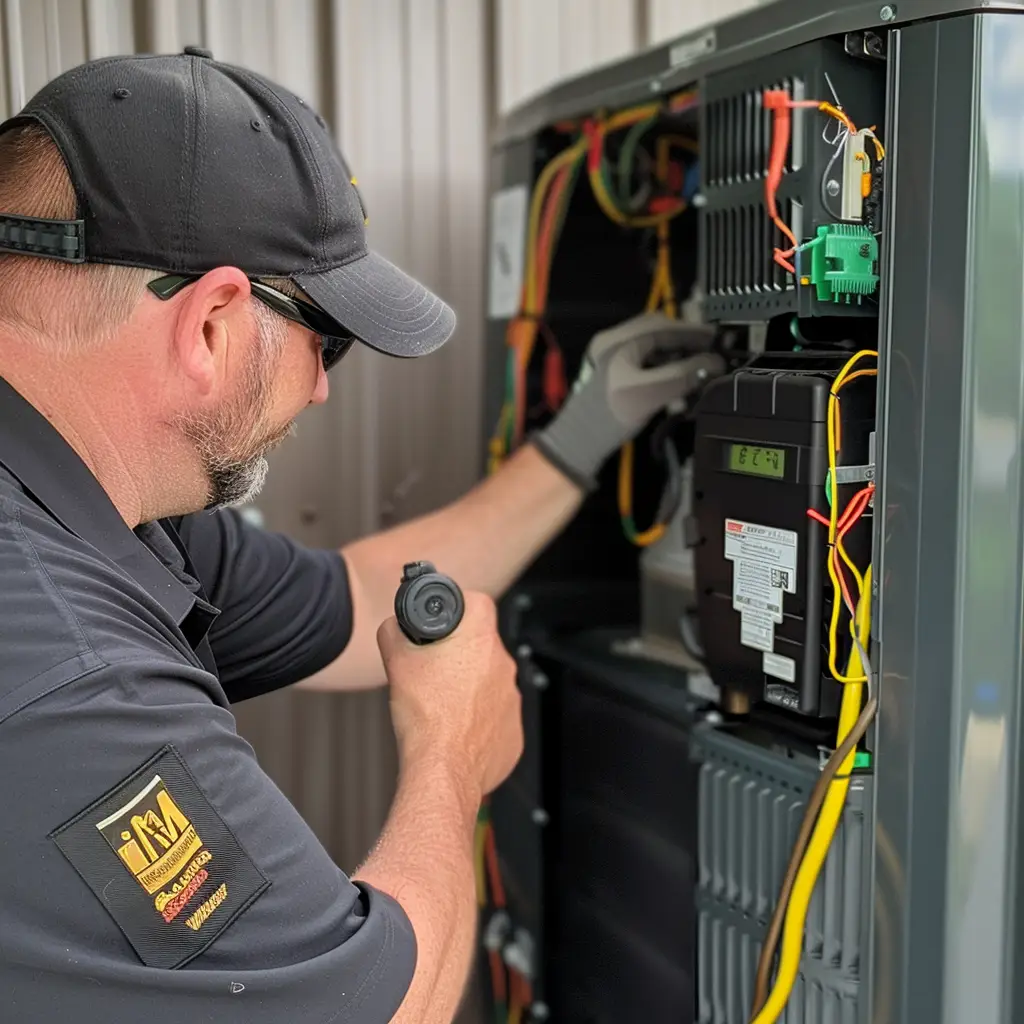Introduction to Whole Home Air Purification Systems
Whole Home Air Purification Systems have been a popular topic of discussion recently, and for good reason. They work tirelessly in the background of our homes, cleaning the air we breathe and creating a healthier indoor environment. But, like any investment, they come with their pros and cons. In this article, we will delve into the advantages and drawbacks of these systems.
The Need for Whole Home Air Purification Systems
Health Benefits
Indoor air quality has a direct impact on our health. Poor air quality can lead to various health issues including allergies, asthma, and other respiratory problems. A whole home air purification system can effectively eliminate harmful pollutants, making the air safer to breathe.
Environmental Considerations
By reducing indoor air pollution, these systems also contribute positively to the environment. They minimize the amount of pollution that would otherwise end up outside, further deteriorating the outdoor air quality.
The Upside of Whole Home Air Purification Systems
Better Indoor Air Quality
One of the main benefits of a whole home air purification system is the drastic improvement in indoor air quality. The system works to filter out contaminants, resulting in cleaner, healthier air for you and your family.
Reduction of Allergens
Whole home air purification systems excel in reducing allergens such as dust, pet dander, and pollen. This can be particularly beneficial for allergy sufferers, providing them relief from their symptoms.
Removal of Odors
Odors from cooking, pets, and other sources can linger in your home. Whole home air purifiers can help eliminate these unpleasant smells, keeping your home fresh and inviting.
Extension of HVAC Lifespan
By filtering the air before it reaches your HVAC system, a whole home air purifier can extend the lifespan of the HVAC system. It prevents the accumulation of dust and debris that can lead to wear and tear.
The Downside of Whole Home Air Purification Systems
Initial Cost
One of the primary drawbacks is the initial cost. Installing a whole home air purification system can be a significant investment. However, considering the health benefits and long-term savings on healthcare and HVAC maintenance, many homeowners find it a worthwhile investment.
Maintenance
These systems require regular maintenance to perform at their best. This includes changing filters and sometimes even professional servicing.
Noise
Some models can be quite noisy, which might be a disadvantage for people sensitive to sound.
HHow to Choose the Right Whole Home Air Purification System
When choosing a whole home air purification system, it’s important to consider factors such as your specific needs, the size of your home, your budget, and the system’s maintenance requirements.
Trust AirPoint for Your Whole Home Air Purification Needs
In conclusion, investing in a whole home air purification system brings with it notable benefits, but also a few considerations. To get the most out of your system, choose a provider that understands these pros and cons and can guide you accordingly. AirPoint, a Carrier factory authorized dealer, offers such expertise. As a NATE certified company, we are recognized for our professionalism and skills in the HVAC industry. Being awarded HomeStars Best of the Best 2023 and having a 5-star rating on Google and HomeStars further asserts our commitment to excellence. Our technicians are fully certified by TSSA, HRAI, and CSA, ensuring the best in class service. Trust AirPoint with your whole home air purification needs for a cleaner, healthier indoor environment.
To learn more about the best air purifiers in 2023, watch this video by Modern Castle
Expert Answers to Your Whole Home Air Purification Queries
What is a whole home air purification system?
A whole home air purification system is a device installed in your home's HVAC system that cleans the air as it circulates throughout your house.
Why should I consider a whole home air purification system?
These systems can dramatically improve your indoor air quality, reducing allergens, eliminating odors, and extending the lifespan of your HVAC system.
What are the drawbacks of whole home air purification systems?
The main drawbacks include the initial cost, the need for regular maintenance, and potential noise from the system.
How often do I need to maintain my whole home air purification system?
It depends on the system you choose, but typically filters need to be replaced every 3-12 months.
Will a whole home air purification system make my home completely allergen-free?
While these systems are highly effective in reducing allergens, it's unlikely that any system can completely eliminate all allergens from your home.





